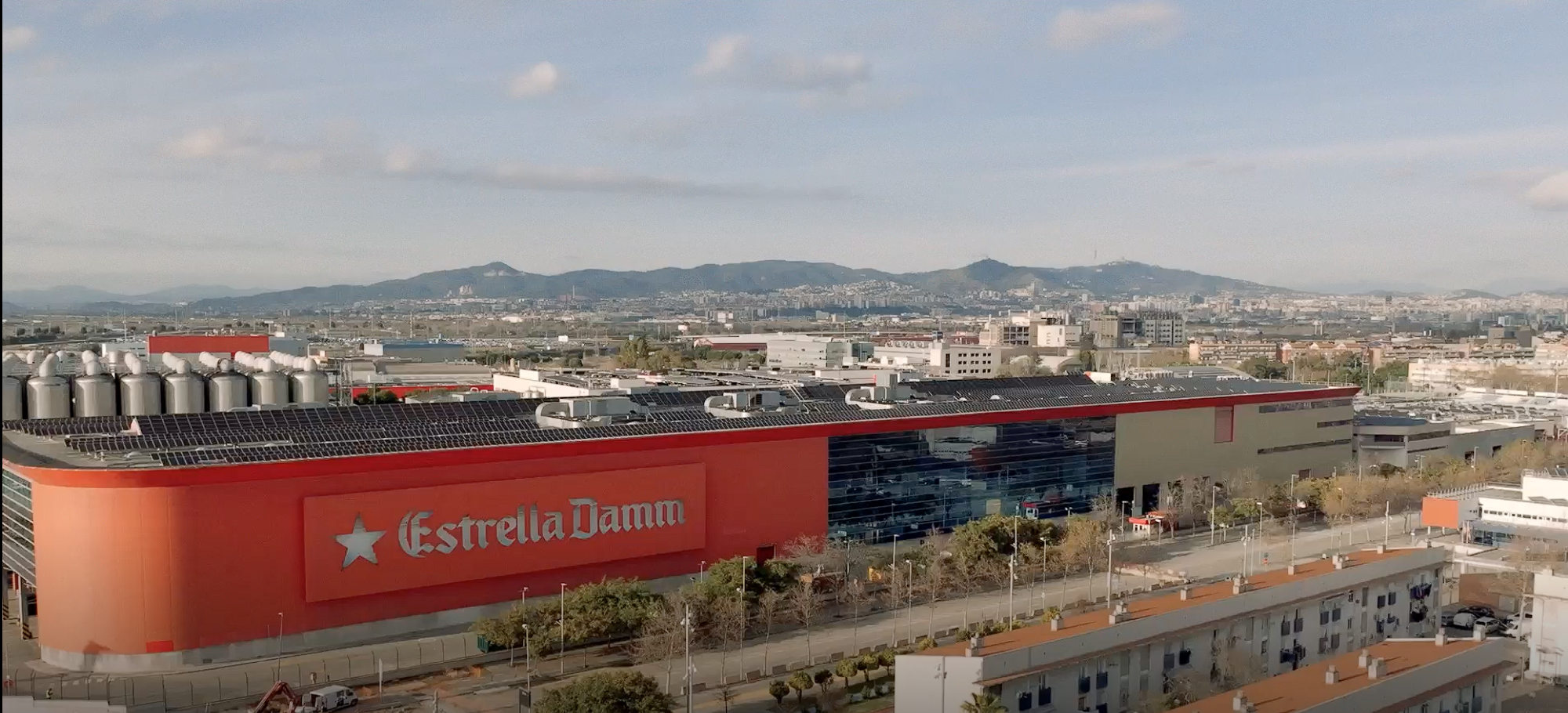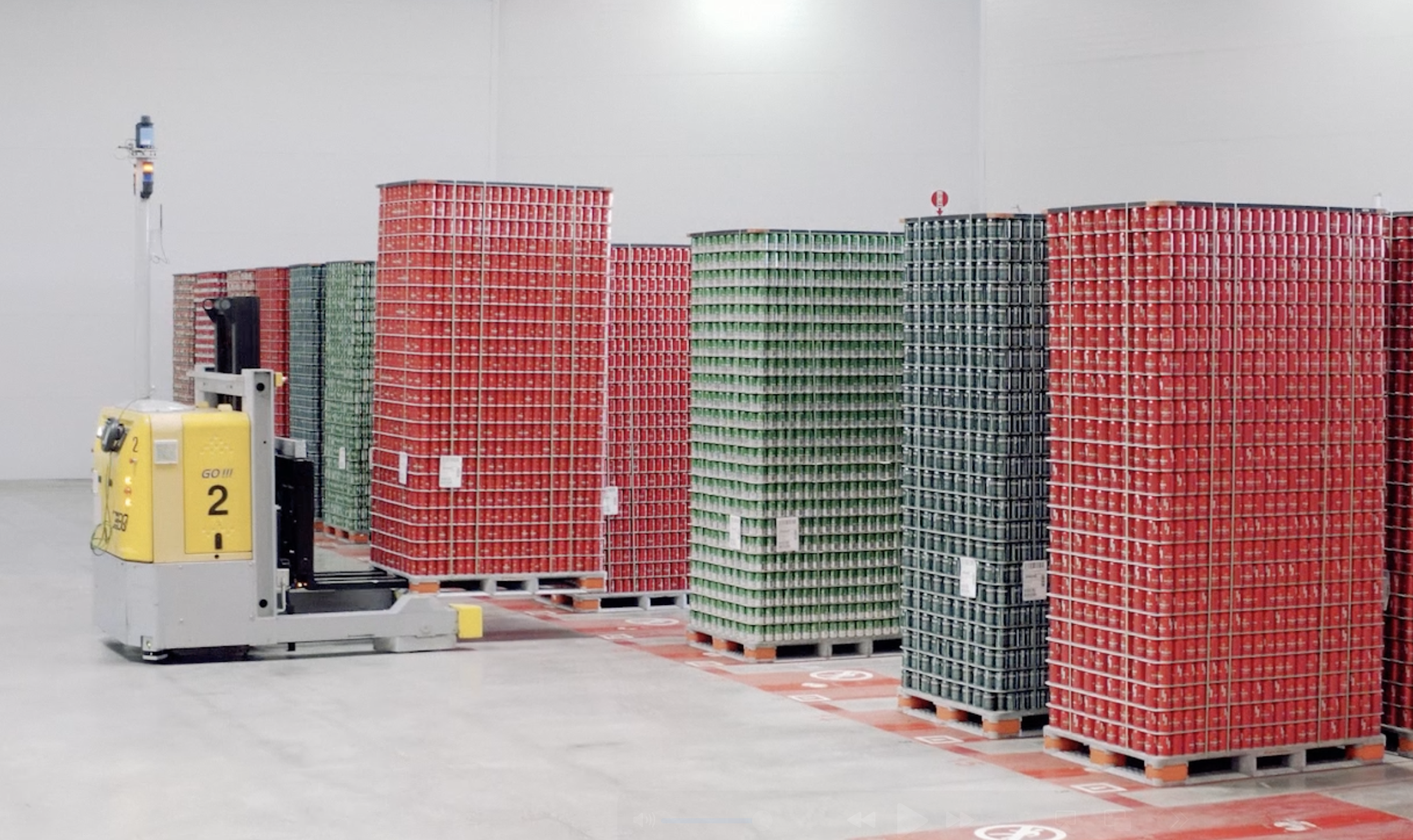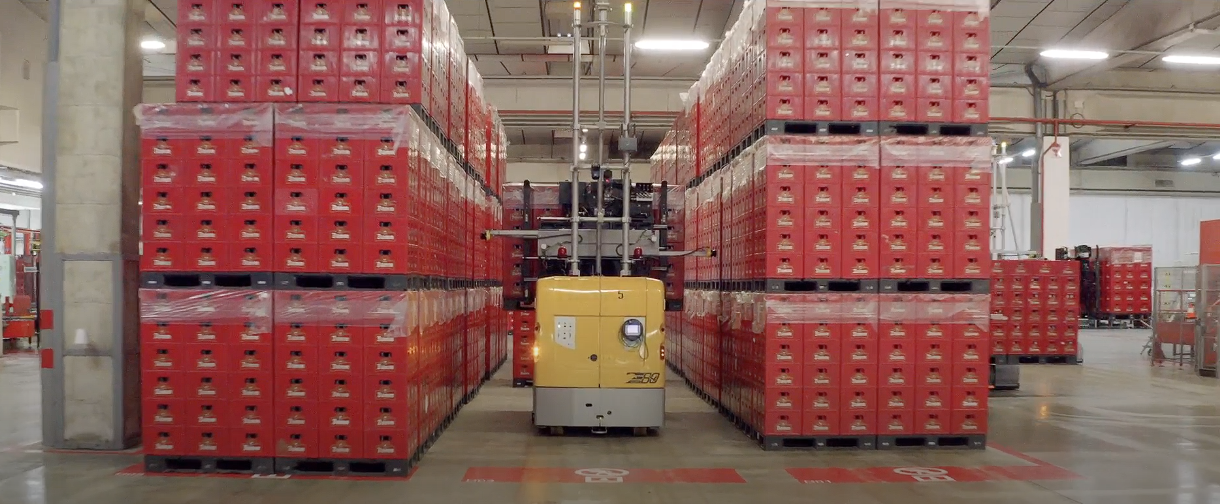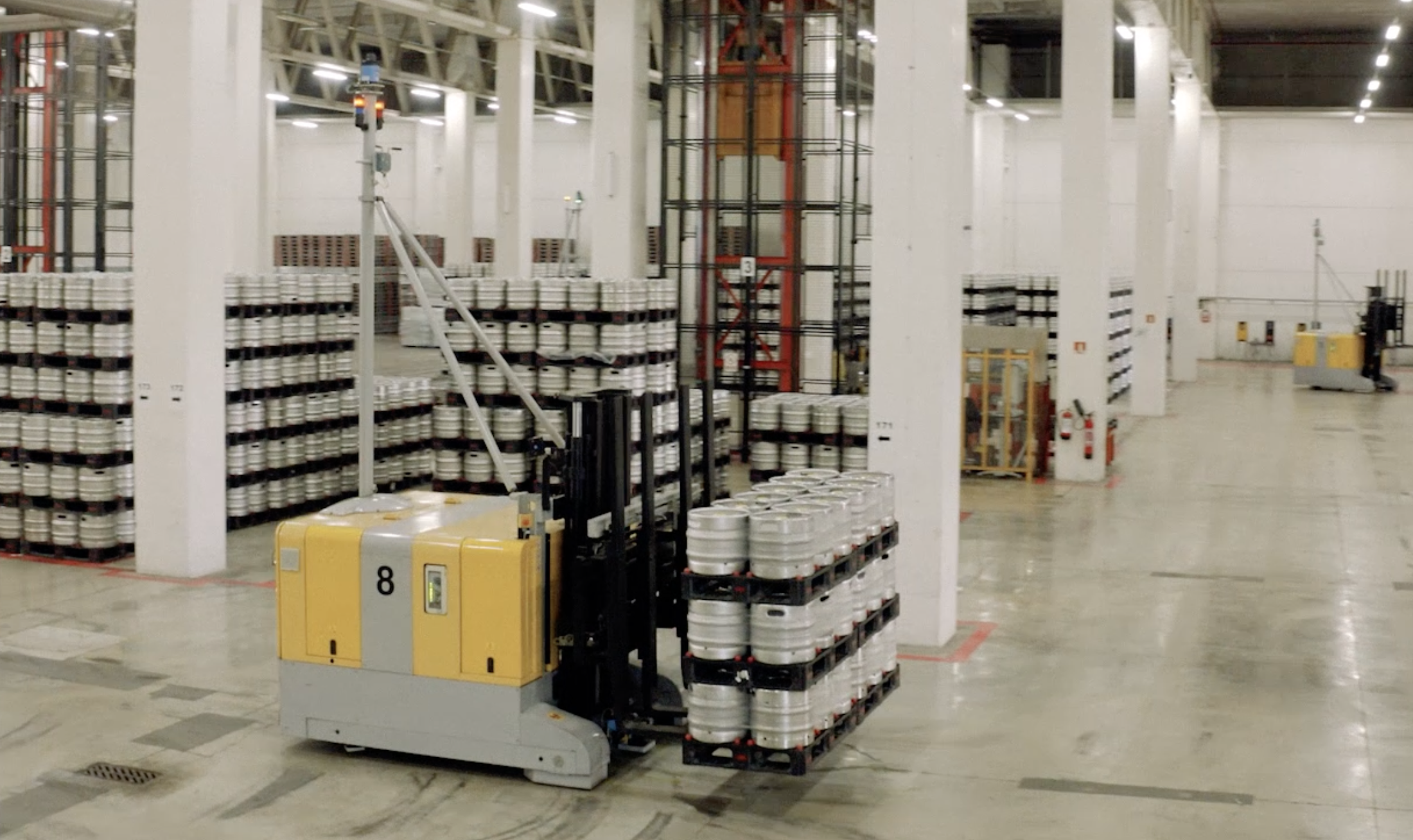DAMM Group & E80 Group: a partnership of excellence since 2007

With more than 5,000 employees and a presence in over 130 countries, Damm Group is a beer producer founded in 1876 in Barcelona, built on strong roots and values, passion for its products and territory, innovation, and people.
The beer market is constantly evolving, and Spain is home to some of the largest breweries in Europe, recording 11% growth since 2017 with 41.5 hectoliters produced in 2023.
Damm - El Prat, Barcelona
In 1993, Damm launched a project to expand the El Prat plant to meet increasing market demand. The resulting need to optimize processes and manage different product types led to a meeting with E80 Group.
“The partnership with E80 Group began in 2007,” says Domingo Alcalá, who has worked at Damm for 26 years and is now Plant manager of El Prat “We were immersed in an industrial expansion plan, where one of the main goals was to maximize production space while optimizing storage.”
That year, our Group began a feasibility study on integrating the Group's intralogistics processes, from the automatic receipt of packaging materials to servicing production lines, storage, and shipment of finished products. The project took shape with the implementation of 20 laser-guided vehicles (LGVs) to handle cans and kegs and organize them within automated Block Storage systems.

In 2015, Damm opened a new plant in the same industrial area for the bottling of “returnable” products. 13 new LGVs were introduced to manage the returnable product crates, from reception to storage, from the 4 high-volume production lines to loading onto the trucks.
In addition to boosting production efficiency, this fully integrated system also creates an orderly environment where every task is managed according to production, storage, and shipping priorities, ensuring greater traceability and repeatability through E80 Group's SM.I.LE80 software platform.

“The Industry 4.0 paradigm is largely based on the interconnection of processes and data, in this case integrating logistics with the production system.” As Domingo Alcalá points out, the automation of intralogistics operations is only part of the broader process of digitizing and optimizing a company's supply chain.
Another key benefit of this project is improved safety, not only for the products but, above all, for the people who work at the plants: “The LGVs are equipped with sensors that provide for 360º vision. This safety approach also extends to the product, as the LGVs adapt their speed and acceleration to the palletization conditions of the loads they are carrying," says Domingo Alcalá.

